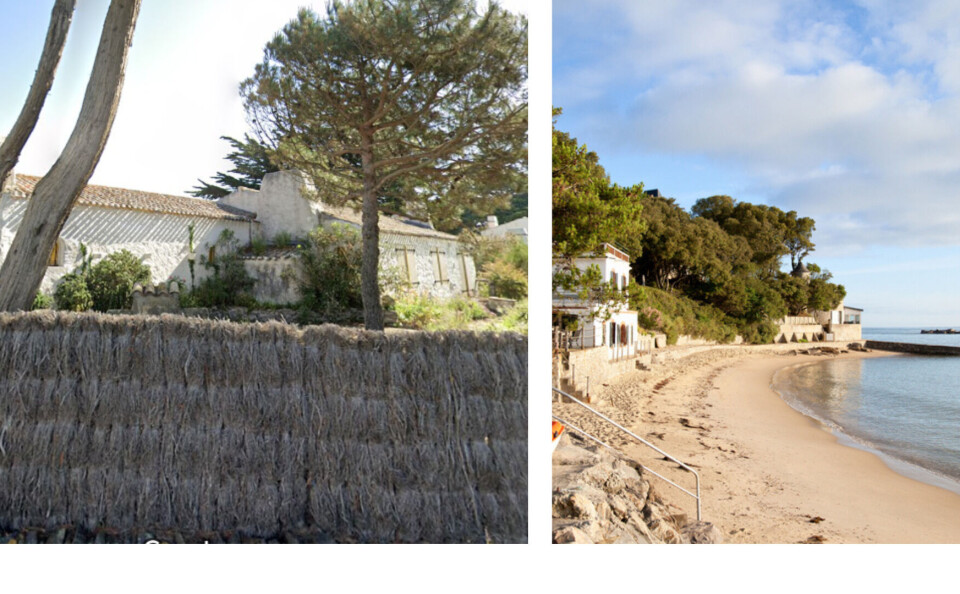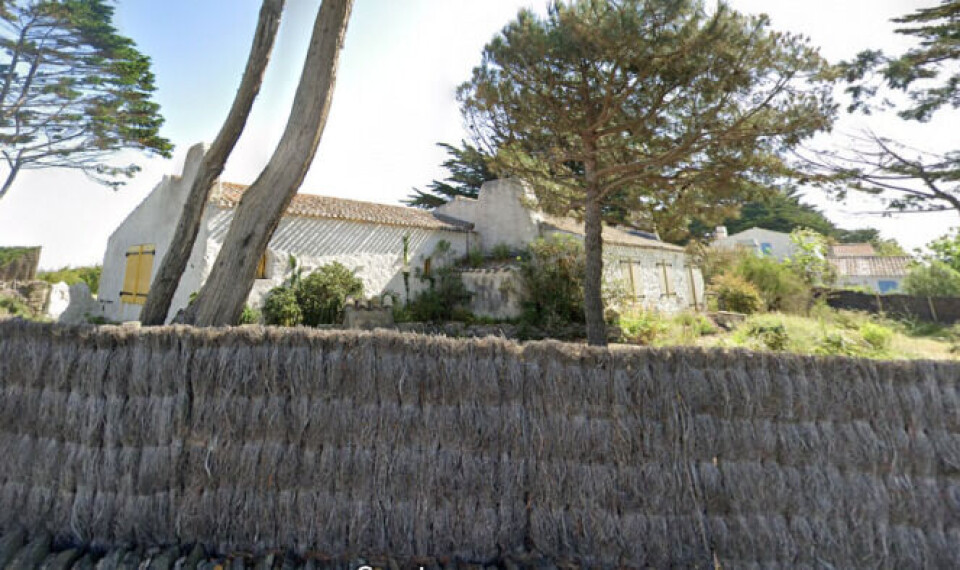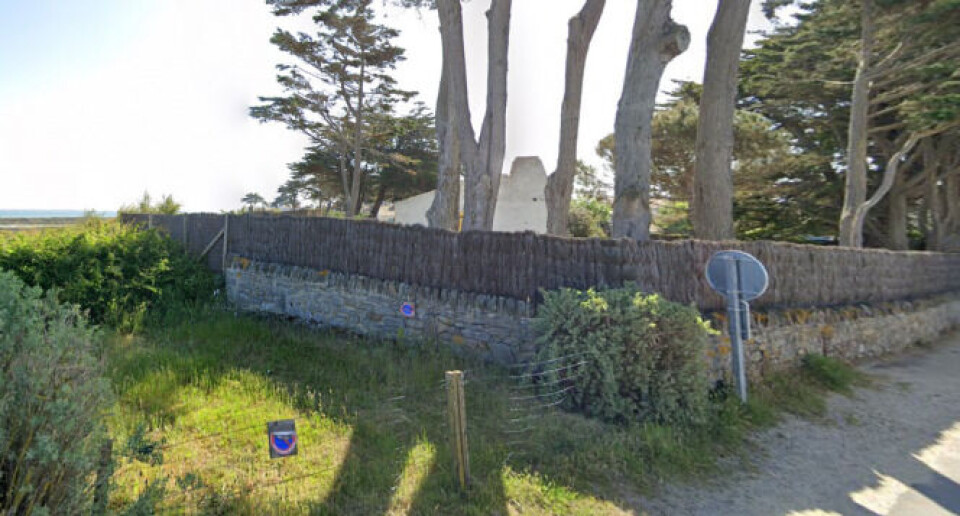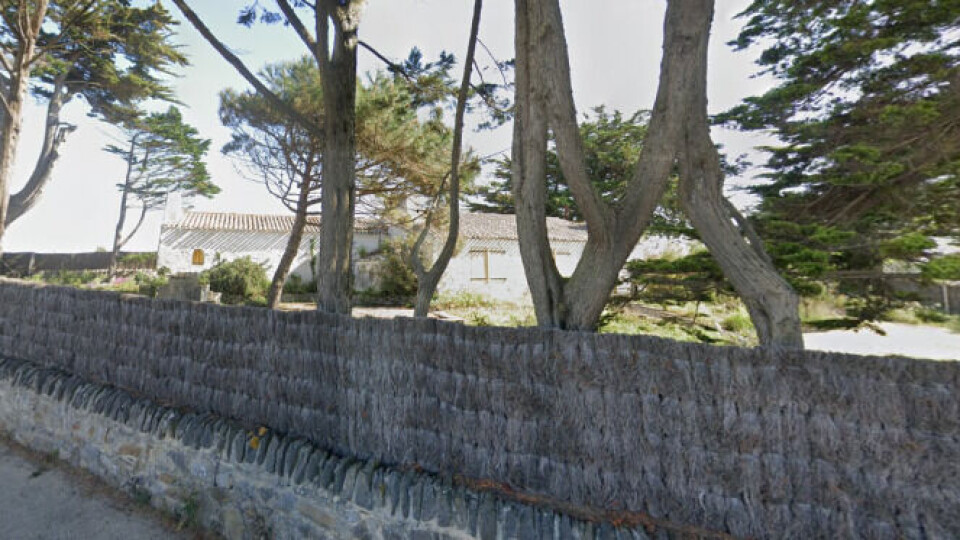-
Must all properties in France have a ‘smart’ thermostat?
Modern thermostats can automatically set temperatures even when residents are away
-
Repayable-on-death equity release loans open again to non-EU retirees
Products have recently started being offered by bank group again after it paused them in 2019
-
Insurance denied for Britons' French hilltop home due to 'flood risk'
Underwriters decided to end cover linked to alleged proximity to water
Couple cannot demolish and rebuild French home even if not protected
The 1950s building is said to be of ‘heritage interest’ despite this not being officially recognised

A couple’s plans to demolish their 1950s home and rebuild it in west France have been rejected by the mayor despite the house having no heritage status.
The building, which the couple purchased in 2019 with the sole intention of demolishing and rebuilding, is not listed as historic.
It lies close to the beachfront in Noirmoutier-en-l'Ile, a popular holiday destination in the Vendée, and the couple say it is more similar to a farmhouse than other ‘traditional’ buildings in the area. They want to rebuild a home on the plot with a better view of the Atlantic Ocean.
However, the proposal was rejected on the recommendation of the architecte des bâtiments de France (ABF), a group of civil servants who advise local authorities on cases such as this, with a view of preserving culturally significant buildings. You can read more about them here.
The couple’s lawyer says they would never have bought the property if it was protected by heritage status but there was no indication during the purchasing process, nor initial demolition plans, that a demolition application would be rejected.
Home is ‘picturesque example’ of popular tourist destination
The ABF’s reason for opposing demolition was that, although the building had no protected status, it is a “house of heritage interest… [and] an original example of 1950s architecture," that contributes to the "picturesque" character of the island’s ‘plage de la Madeleine’ area.
It compared the building’s character to those constructed by Jean Bossu, an architect who worked with famed 20th century builder ‘Le Corbusier’, and constructed several buildings which have historic status across France.
The comments reportedly “bound” the local mayor to his decision to reject an application to knock down the property.
Read more: What are the rules for demolishing and rebuilding property in France?
Building is ‘quality’ but not ‘high quality’
In face of the rejection, the couple took the case to an administrative court in Nantes in January to plead their case.
The argument presented by their lawyer is that the reasons given by ABF for refusal are not sufficient.
“Only buildings of 'high' quality can be protected; in this case, the ABF only mentions the 'qualities' of this house, which is not listed,” said lawyer Alexandre Le Mière.
“It's a sort of farmhouse, which is not a traditional building [in the local area],” he added, speaking to the French media outlet Actu.
He further claimed the ABF had gone “completely astray” from their original goals, allowing a building much more similar to local architecture in proximity of his client’s house to be demolished, even though it had more reason to be protected.
The couple claimed, through their lawyer, that they would have “adapted the project” with their architect if they were given reasoning before the rejection.
They also argued they could not even change the colour of their shutters – which are yellow – to match the rest of those on the island and conform with the local character because of the ABF’s comments.
Read more: Do I need to declare changes to shutters at my French house?
“This house no longer meets comfort standards [for living in] at all,” said Mr Le Mière, and subsequently the couple are asking for €16,000 in compensation, and an additional €4,000 to cover legal fees, as well for the original ruling to be overturned.
However, it seems unlikely they will be successful, with the Nantes public rapporteur believing the case should be thrown out, and the couple charged €1,500 for bringing it.
A decision is expected in March, and you can see some photos of the building in question below.



Credit: Google Maps screen capture
Related articles
New pool must go due to neighbour’s ‘protected view’ clause in France
Why a commune in France is spending millions demolishing villas
























